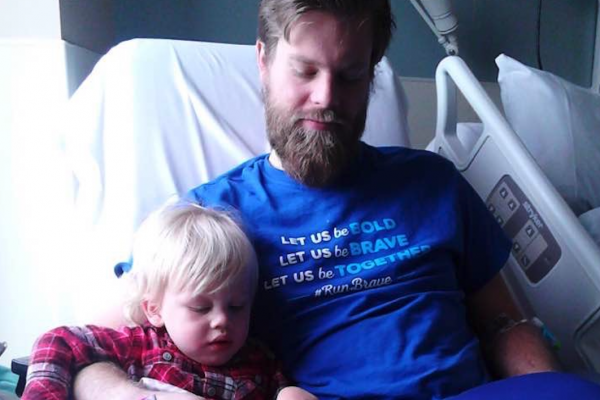Colorectal cancer is one of the most common cancers in both men and women. Although it is slightly more common in men, 1 in every 24 women will be diagnosed with colon or rectal cancer at some point in her life.
What are the symptoms of colon cancer in women? Early-stage colon cancer seldom causes any clear or obvious symptoms, so it is very important to know the warning signs, such as:
- Change in bowel habits (diarrhea, constipation, or stool consistency)
- Rectal bleeding or blood in the stool
- Abdominal pain, cramping, bloating or discomfort
- Unexplained weight loss
- Unexplained anemia (iron deficiency)
Many of these symptoms can be caused by something other cancer, such as a poor diet, a viral infection, hemorrhoids or irritable bowel syndrome. Get to know your body well so that you can report any changes in your health to your physician, particularly if any of these symptoms last longer than one month.
Take our Screening Assessment
Find out your risk for developing certain cancers by taking our online screening assessment today.
Learn MoreColorectal vs. gynecological symptoms: Knowing the difference
Premenopausal women might be tempted to dismiss the early warning signs of colon cancer, such as abdominal bloating and discomfort, as little more than menstrual issues. Although it is easy to distinguish between some colorectal and gynecological symptoms, such as bleeding (rectal vs. vaginal), the differences are not always clear. If there is any confusion, talk to your obstetrician/gynecologist or primary care doctor.
When to get screened for colon cancer
Colon cancer is one of the most treatable cancers, but the only way to detect it is through screening. People with an average risk of colon cancer should start their screenings at age 45. Earlier screening may be recommended for anyone with a family history of colon cancer, polyposis syndromes or Lynch syndrome. If you have any conditions that affect the gastrointestinal (GI) tract, such as irritable bowel disease, ulcerative colitis or Crohn’s disease, talk with your doctor or a GI specialist to determine when and how often you should be screened.
Never miss another Cancer Talk blog!
Sign up to receive our monthly Cancer Talk e-newsletter.
Sign up!Colonoscopy remains the most effective method of diagnosing colon cancer, and although it gets a bad rap because of the bowel preparation and time involved, it is a safe, comfortable, simple and widely available procedure that saves lives.
You are your best advocate when it comes to your health. Listen to your body, talk with your doctor about any persistent changes that concern you, and get screened at the recommended time. For more information about colorectal cancer, or to learn more about screening and prevention, visit our Colon and Rectal Cancer page.

